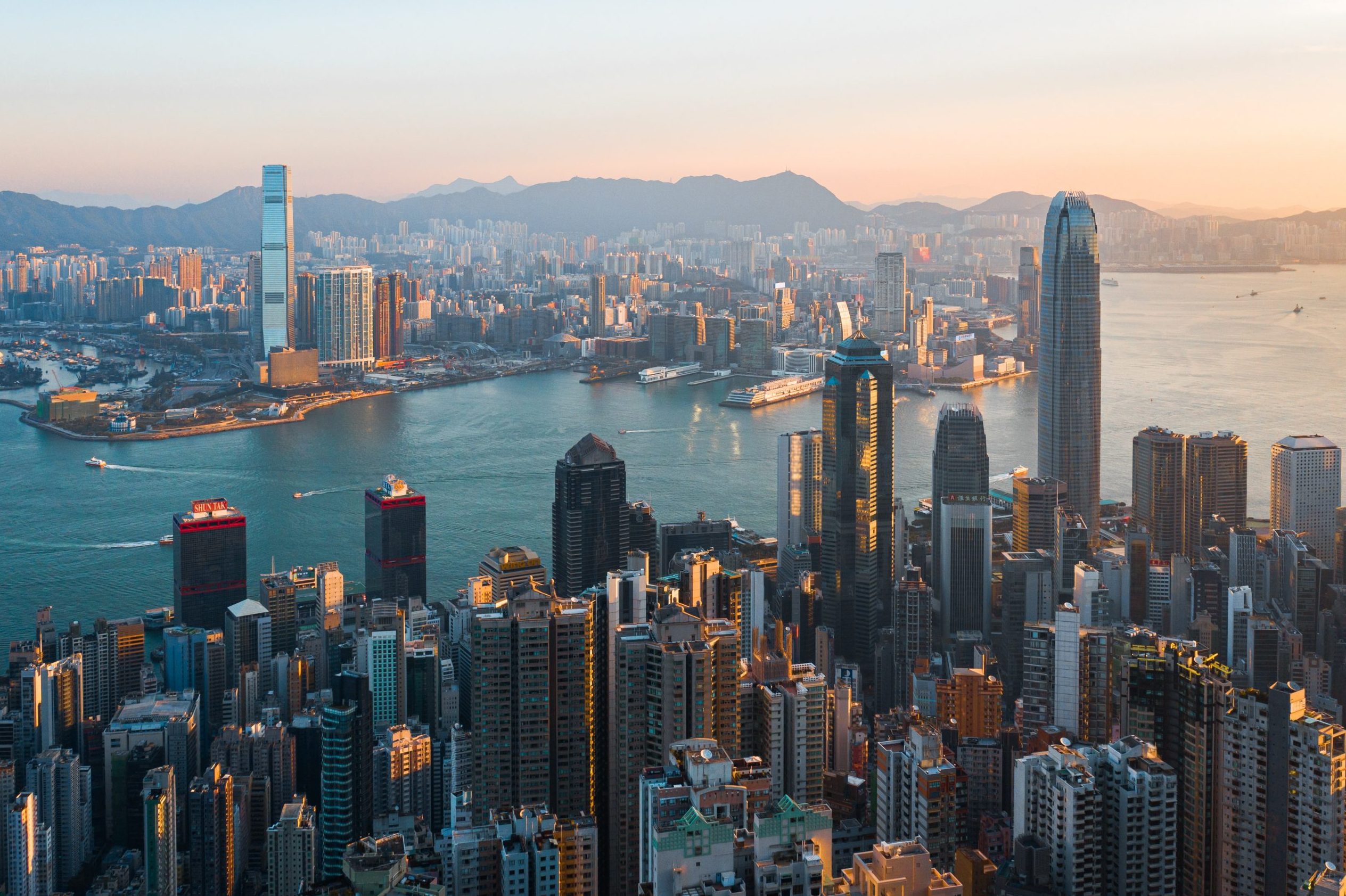‘One Country, Two Systems’ is a set of governing principles agreed upon by the British and Chinese government in the 1997* handover of Hong Kong. While its inherent contradictions are on full display since the Anti-Extradition Movement last year, it is worth exploring Hong Kong’s future from a historical and economic perspective. Commonly perceived as a global financial centre and a bridge between Chinese and Western capital, Hong Kong’s defiance with its struggle for freedom and cultural reckoning could potentially challenge its neo-liberal roots, thereby providing an alternative to one that is envisioned by both Chinese and Western capital interests.
The principle of ‘One Country, Two Systems’ traces back to its colonial legacy, during which the British government endowed Hong Kongers with its common law traditions. Although the rule of law is often heralded as Britain’s contribution to Hong Kong’s liberal culture, the accompanied economic structure that has been put in place allows Britain to sustain its economic influence even after the handover – HSBC being one of its notable successes. On the other hand, while China claims to be running a system of ‘socialism with Chinese characteristics’, it is a state-facilitated capitalist economy at its core. Therefore, different from the prevalent view that ‘One Country, Two Systems’ is to separate the liberal capitalist system of Hong Kong from its socialist counterpart, it can be understood as ‘a super-power pact’ to preserve the British colonial legacy which is appropriated by both sides to facilitate their economic development.
The threat of the end to the ‘two systems’ principle posed by China’s constant interference would therefore result not in the deterioration of Hong Kong’s financial standings, but an intensification of the status quo. As a greater frictionless integration into the Chinese markets and initiatives encourage the further inflow of Western capital, Hong Kong’s future may well be the consolidation of Hong Kong’s capitalistic structures. With that in mind, the current struggle in Hong Kong would not only be limited to local struggles for political autonomy, but also part of a larger trend of political resentment against a structure of governance and economy that is built only for the affluent, powerful few.
Such a perspective on the economic structures and underlying superpower relations is unfortunately lacking in the coverage of Hong Kong’s protests, but perfectly understandable from the standpoint of Chinese and Western interests. The framing of ‘colour revolution’ by Chinese state media or ‘democracy-fighters’ by western media are merely two sides of the same coin, which is the projection of political struggles aimed at replacing the sovereign with universal suffrage, while downplaying its potential to challenge the neoliberal world order that is aforementioned secured by the colonial settlement. This is important because the political framing of democratic struggles and nationalistic uprisings obscure the challenge to underlying economic structures of transnational monopolies and capital. Although Chinese state media also emphases Hong Kong’s economic inequality as the root cause of the protest movement, it is merely state rhetoric to endorse further state control instead of addressing the monopolistic economic structures that are partly responsible for the popular discontent.
Hong Kong’s revolutionary potential in developing a new form of economic and cultural struggle can be seen in the emergence of the ‘yellow economic circle’. As the national security law was handed down late June this year, large-scale protests are no longer common-place on the streets of Hong Kong. However, a new lifestyle was cultivated to combine political solidarity with efforts to build up local infrastructure against economic monopolies. New forms of self-initiated organisations are constantly revolutionising our understanding of how daily-life struggle can be fought, such as bookshops organising exhibitions to promote local publications and artists, or shops become sites for exchanging ideas and public deliberation.
In terms of its economic counter-practices, there is ongoing coordination to create ‘yellow supply chains’ to not only lessen dependence on Chinese corporations and suppliers, but also placing political ideals above the capitalist logic of profit-making. By circulating coupons among ‘yellow shops’ as alternative currencies, the economic circle also poses a direct challenge to the centralised monetary control. Even activists and public intellectuals are capitalising on the new demand for ‘politically correct’ products by relying on platforms like Patreon, which allow them to sell exclusive content ranging from analysis of international relations to video-blogs of lobbying experiences, thereby engaging the public online and self-sustaining themselves through continuous advocacy. With the ever-evolving forms of ‘direct democracy’, as coined by David Graeber, seen in the protesters’ constant experimentation, Hong Konger’s enormous creativity and determination in innovating diverse ways of asserting independence and autonomy can therefore be a harbinger to a counter-structure and counter-culture against not only the political tyrant, but also the neo-liberal world order.
In light of the crisis of liberal democracies with the erosion of public trust towards institutions, it is with this sense of solidarity that I believe Hong Kong’s movement could well inspire alternative political imaginations to nationalist politics. As a cauldron of Chinese and Western traditions, Hong Kong has proven that we not only share Western ideals of democracy and freedom, but also seek to transform existing structures by creating our own forms of self-mobilisation and self-sustaining economic circle. As the politics of populism have gradually gathered its popularity as the political solution of our age, Hong Kong might well demonstrate its revolutionary potential that could have greater overarching implications to the world than one may anticipated.
*Correction notice: article was modified from ‘1977’ to ‘1997’ on Wednesday, 21 October at 11:25am






0 Comments